Narrowing the digital divide in schools and colleges
Feedback updated 16 Jul 2025
We asked
The Department for Education published a consultation on our long-term vision for narrowing the digital divide in schools and colleges. The consultation asked for feedback on our long-term ambition for all schools and colleges to meet the following core digital and technology standards by 2030:
-
Broadband internet
-
Wireless networks
-
Network switches
-
Digital leadership and governance
-
Filtering and monitoring
-
Cyber security
You said
A total of 210 responses were received. Of those who responded to the consultation, 72% of schools and colleges reported that they are already meeting or could meet the broadband internet, wireless networks, network switches and digital leadership and governance standards by 2030.
Of those who responded to the consultation, 93% of schools and colleges reported that they are already meeting or could meet the cyber security standards by 2030 and 98% reported that they already meet the filtering and monitoring standards fully or to some extent.
Some respondents identified specific areas of the standards that may be prohibitively expensive to meet.
We did
Based on the responses to the consultation, we will continue with our long-term ambition for all schools and colleges to meet the six-core digital and technology standards by 2030.
We will review specific elements of the standards where respondents said the requirements may be difficult to meet. We will consider whether the standards need to be adjusted in these areas to ensure they are achievable and provide value for money. This will be balanced alongside the need to ensure all schools and colleges have reliable and safe technology.
We will continue to develop our plan technology for your school support service, focusing on the core six standards and additional functionality to support Responsible Bodies in their strategic role.
Results updated 16 Jul 2025
We have launched the government response to the narrowing the digital divide in schools and colleges consultation and announced that all six-core standards, proposed in the consultation, are live in the plan technology for your school service, with cyber security topics recently added.
The consultation, published in March, set out the DfE’s long-term vision for narrowing the digital divide in schools and colleges, focusing on proposals for the future of the standards. Based on consultation responses received, we will continue with our long-term ambition for all schools and colleges to meet the six-core digital and technology standards by 2030.
The consultation also announced £25 million of Connect the Classroom funding to upgrade wireless networks in schools.
Links:
Overview
This consultation sets out the Department for Education’s long-term vision for narrowing the digital divide in schools and colleges, focusing on proposals for the future of the digital and technology standards.
The document is split into three sections, outlining proposals and gathering evidence aligned to three key aims:
- Prioritising essential technology infrastructure
- Managing the risks of technology
- Harnessing the opportunities of technology
To help inform future policy development, this document also seeks to gather wider evidence, including:
- the readiness of the sector to meet these six core digital and technology standards
- any barriers schools and colleges face in meeting the standards
- the support the sector requires to meet the standards
- examples of best practice in harnessing the benefits of technology
- evidence gaps that the sector would like the Department to help with filling
Your views will help us refine our approach and ensure that all students benefit from the opportunities that technology offers.
Audiences
- Academies (including free schools), voluntary aided schools, voluntary controlled schools, foundation schools and community schools
- Bodies representing schools and local authorities
- Companies and organisations working in the digital industry
- Contractors involved in building schools
- Designated institutions and 16-19 academies
- Designated safeguarding leads
- Faith bodies
- Further education colleges
- Further Education leaders and workforce
- Governing bodies and academy trusts
- Governors
- Headteachers
- Independent specialist colleges
- Local authorities
- Organisations which represent the views of computing teachers
- Pupils
- School business managers
- School support staff
- Secondary teachers of computer science and subject leaders
- SENCOs
- Sixth form colleges
- Students
- Teachers
- Training providers
- Unions and representative organisations
- Virtual school heads
- Young people
Interests
- Academies
- Accountability
- Capital funding
- Education
- Equality
- Financial management
- Governance
- Keeping children safe in education and other settings
- Key stage 1
- Key stage 2
- National Curriculum
- Planning
- Post-16 funding
- Procurement for schools
- School and academy funding
- School building estates
- Statutory policies and guidance
- Teaching and learning (SEND)

Share
Share on Twitter Share on Facebook